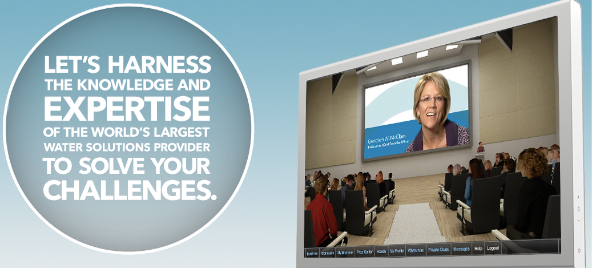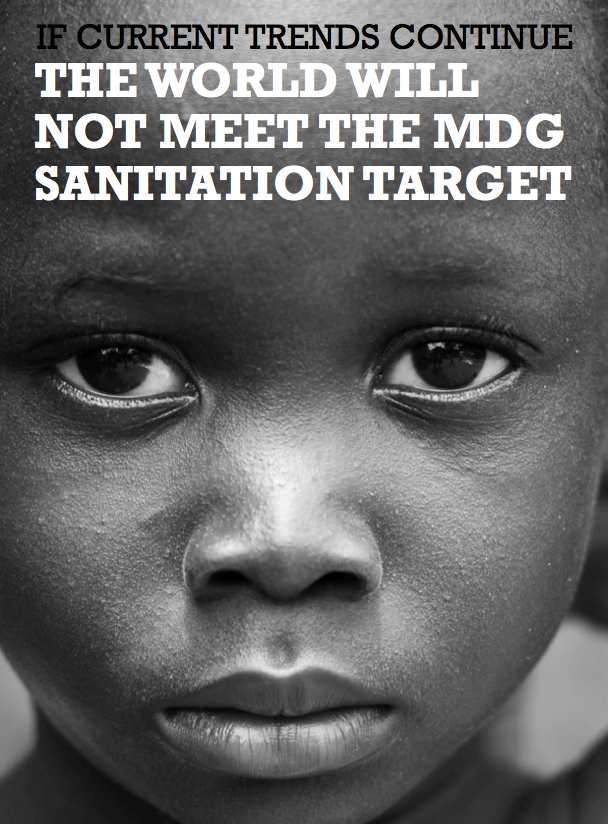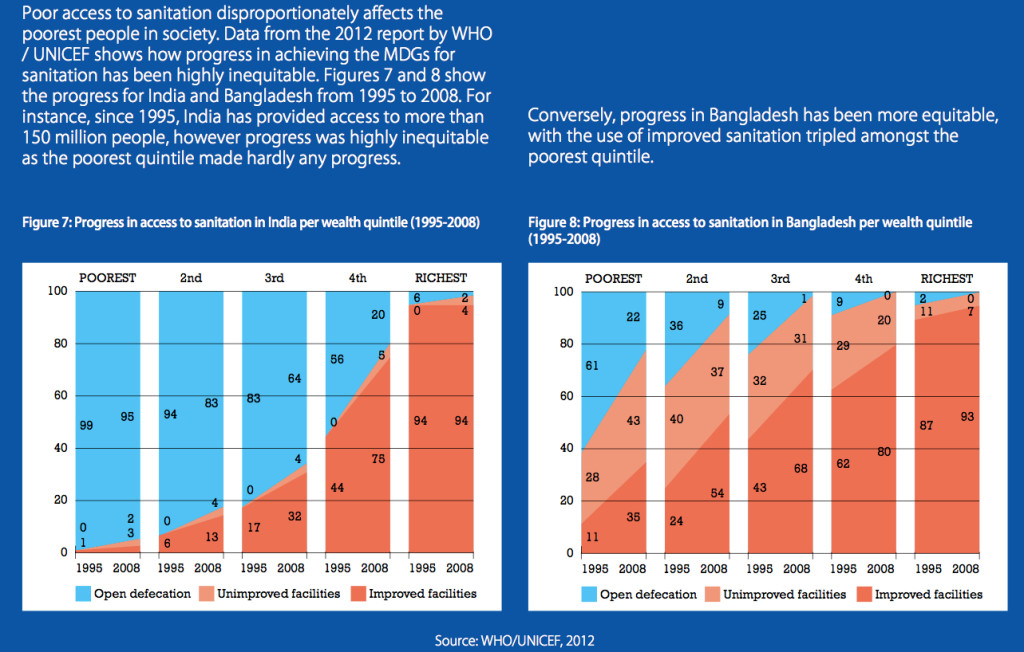
credit: slate.com
A week ago, I gave my team a talk about the necessity of developing and maintaining a reading habit for a number of reasons, including its ability to keep you up with the latest trends in your line of work or interests in the world, infusing you with ideas, and generally keeping you fresh and thinking. Naturally a few of them asked me about what my reading list was.
A couple of caveats, before I reveal this…this is *my* list and reflects *my* interests; I don’t believe AT ALL that this is the perfect list for anyone including myself. My interests change regularly, and my reading list changes with it. I generally encourage people to come up with their own, as each of us is different. Finally, my focus in that talk was the emphasis of developing the habit of reading. In the beginning, content is moot…the point is to just make the habit of reading; but hopefully over time, it will evolve into something more significant and educational.
I’d also like to make it clear that I am practising what I preach in terms of developing the habit. As a child, I lacked the attention span to read…the only books I read were mandatory for school and the ones I read by choice had lots of pictures in them. That said, ALL my closest friends and the people I admired most were bookworms…so I got knowledge by proxy. Over time, as I got separated from my friends and the internet, particularly during long waits “in the field” on remote assignments away from my regular life, often in places where I didn’t speak the language, books became my solace, my escape, and my “happy place.” I clung to them and they to me. And so began a new habit…to a point where a book is usually my constant companion. I have an old iPad and an iPhone, but given a choice, I would prefer a good handheld paper book, than the e-reader any day…
What I’m reading now: I primarily read non-fiction, with a focus on travel, history of science/technology, entrepreneurship, business, international development, and auto/biographies. I LOVE memoirs. Of course its constantly evolving and here’s what’s on my current list:
- A Ghost Map, by Steven Johnson: Narrated like a detective story, this tells the tale of John Snow, a young, driven surgeon in 19th century England who was trying desperately to find the cause of Cholera. His discovery eventually changed the face of modern medicine, led to the establishment of the modern public health sector, and changed the way cities were designed and maintained. This was the birth of the modern water-sanitation-trash collection sectors. I’m at the tail end of this book. Its been marvelous so far!
- Steve Jobs by Walter Isaacson: I’m reading this because I’ve come to love and greatly appreciate what Steve accomplished through Apple, something that has blossomed into deep admiration. Its thick and daunting, so its taking me a LONG time to get through it…
- Walking Home From Mongolia by Rob Lillwall: I love slow travel through foreign countries, and I love long walks. On my bucket list is to do a very long walk somewhere…but until then I will live vicariously through others. Rob and his buddy’s crazy 3000 mile walk from the Gobi Desert to Hong Kong was absolutely riveting. At the tail end of this book too.
- Daring Greatly by Brene Brown: Like many other people, I was introduced to Brene through her superb TED Talk (which projected her into an insane fame spotlight) and was drawn to read more about her findings.
- The Hindus by Wendy Doninger: A practicing Hindu myself, this book piqued my interest because of its highly controversial reputation in India where it was ultimately banned. Now that I’ve skimmed through it, I fail to understand the big deal. And I would encourage you to ignore most of the reviews (placed there to “kill” the book), as any non-biased person who has read it will tell you that its a great overview of the religion from an outsider’s perspective.
- Jewels in the Crown by Ray Hutton: I just started this book, but its the ultimate revenge story in the best possible way. In six short years, Tata Motors of India acquired British automobile icons Jaguar-Land Rover, and turned the company around. This is the ultimate anti-colonial story that would make Gandhi proud.
What I plan to read in the future:
- Take this Man by Brando Skyhorse
- The Immortal Life of Henrietta Lacks by Rebecca Skloot
- Creativity Inc by Ed Catmull
- The Drunken Botanist by Amy Stewart
- Quiet by Susan Cain (got half way through this book and then lost it)
- Behind the Beautiful Forevers by Katherine Boo
- Animal Vegetable Miracle by Barbara Kingsolver
- The Firm (The History of McKinsey) by Duff McDonald
- Jeff Bezos and the Age of Amazon by Brad Stone
- Jony Ive by Leander Kahney
- The Power of Habit by Charles Duhigg
My blogroll/magazines I read regularly (this is NOT comprehensive…I read a lot of blogs…I read in breadth, not so much in depth when it comes to blogs…meaning I browse a LOT and find only a few things that I read thoroughly):
- Science, Technology, Travel: National Geographic, Lonely Planet, Outside, Science, Nature, Mashable, Lifehacker, Wired, TED, Treehugger
- World Affairs: The Atlantic, Mother Jones, Vice, The Guardian, New York Times, Al Jazeera, Bloodandmilk, Chris Blattman’s Blog, PostSecret, Slate
- Design: Dezeen, Inhabitat, ArchDaily, Entrepeneur Architect, Core77, Design Milk, Kickstarter, Apartment Therapy, Land8, The Sartorialist, PSFK
- Entrepreneurship: Forbes, Fast Company, Entrepreneur, HBR,








